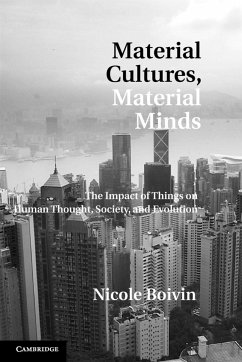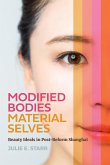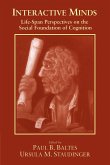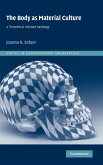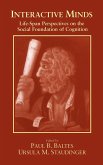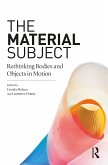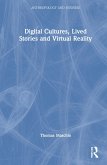Recent symbolic and social analyses have drawn much attention to the role of material culture in human society, emphasising the representational and ideological aspects of the material world. These studies have, nonetheless, often overlooked how the very physicality of material culture and our material surroundings make them unique and distinctive from text and discourse. In this book, Boivin explores how the physicality of the material world shapes our thoughts, emotions, cosmological frameworks, social relations and even our bodies. Focusing on the agency of material culture, she draws on the work of a diverse range of thinkers, from Marx and Merleau-Ponty to Darwin, while highlighting a wide selection of studies in archaeology, cultural anthropology, history, cognitive science and evolutionary biology. She asks what is distinctive about material culture compared to other aspects of human culture and presents a comprehensive overview of material agency that has much to offer to both scholars and students.
'This book is a brave attempt to deal with the relationships between humans and things from the perspectives of natural scientists as well as of humanists and social scientists. It is indeed remarkable how the relationships between people and things are studied in distinct and separate traditions, and Boivin is to be congratulated for having the courage to take an inclusive view. She is right that many of those who discuss modern material culture ... pay scant attention to things themselves and their material connections. ... She challenges us towards a fuller integration of human and material sciences, of socio-cultural and evolutionary perspectives.' Journal of Anthropological Research

